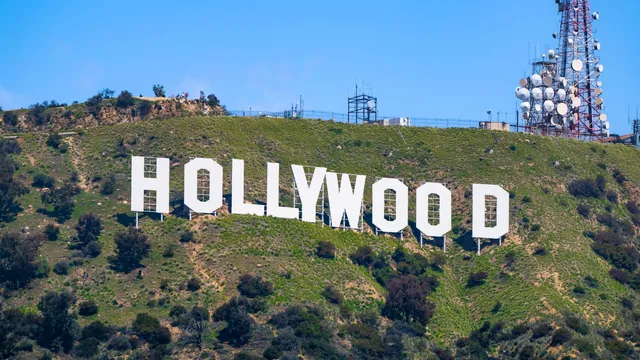
Disney and Universal sue Midjourney for copyright violations
2025-06-13 01:17- Disney and Universal filed a copyright lawsuit against Midjourney for using their characters.
- The companies claim Midjourney generates unauthorized copies of well-known characters.
- This lawsuit marks a significant moment in the conflict between Hollywood and generative AI.
Express your sentiment!
Insights
Recently, Disney and Universal, two major Hollywood studios, filed a lawsuit against the artificial intelligence image-generator Midjourney in federal district court located in Los Angeles, California. They accused the company of engaging in copyright infringement by allegedly pirating their libraries to generate unauthorized images of iconic characters such as Darth Vader from Star Wars and the Minions from Despicable Me. This legal action represents the first time significant Hollywood companies have taken such drastic measures against generative AI technology. The lawsuit was initiated after the studios claimed Midjourney has consistently ignored their requests to cease using their copyrighted materials without proper licensing. In their complaint, Disney and Universal characterized the AI tool as a 'bottomless pit of plagiarism,' drawing attention to the endless stream of unauthorized copies that users can produce by simply inputting prompts related to copyrighted characters. They provided numerous examples of images that demonstrate how the AI can replicate their intellectual property, which raises significant legal and ethical concerns surrounding the use of generative AI. Furthermore, the case highlights the broader implications for the entertainment industry concerning AI technologies. As these advancements progress, they have the potential to disrupt traditional creative fields by blurring the lines between original and derivative works. The lawsuit from Disney and Universal may serve as a pivotal moment, prompting other companies and creators to reevaluate their positions on AI usage in creative processes. As this case unfolds, it could lay down new legal precedents that uphold or redefine copyright protections in the digital age, impacting the operations of countless AI developers and their business models. In addition, this development underscores an ongoing trend in the relationship between AI and intellectual property law, as more lawsuits emerge against AI companies by content creators and publishers. The outcomes of these legal actions may set vital guidelines for how AI tools can operate responsibly while ensuring that the rights of original creators are maintained. With the rising incorporation of AI in various industries, the stakes are increasingly higher for both technology developers and the creative community as they navigate this complex landscape.
Contexts
The impact of artificial intelligence (AI) on the creative industry is profound and multi-faceted, shaping the way artists, designers, writers, and musicians produce and share their work. AI technologies have introduced tools that enhance creative processes, offering artists novel ways to express their ideas and streamline production. Algorithms can analyze vast datasets to generate music, artwork, literature, and even film scripts, enabling creators to explore new territories of creativity that were previously inaccessible. By automating mundane tasks, AI allows artists to focus on the more conceptual aspects of their work, arguably enhancing the quality and originality of creative output. Moreover, AI has revolutionized the distribution and commercialization of creative products. Platforms powered by machine learning can personalize content recommendations, ensuring that audiences discover works that resonate with them. This not only helps less established creators reach wider audiences but also spurs competition and innovation within the industry. Additionally, AI-driven analytics can provide creators with insight into consumer behavior, informing marketing strategies and product development. As a result, both independent artists and large corporations can make data-backed decisions that bolster their creative endeavors. However, the integration of AI into the creative sector also poses significant challenges. Questions surrounding authorship, originality, and copyright have emerged as AI-generated works become indistinguishable from those created by humans. The debate over who owns the rights to AI-generated content remains unresolved, prompting calls for new legal frameworks that address these complexities. Furthermore, the reliance on algorithms to curate and distribute content raises concerns about biases and the homogenization of creative expression, as machine learning models may prioritize certain styles or genres over others, potentially stifling diversity in the arts. In conclusion, AI is transforming the creative industry by providing powerful tools that enhance artistic expression and reshape market dynamics. While it offers exciting opportunities for innovation and connection, it also presents ethical dilemmas and challenges that stakeholders must address proactively. As this technology continues to evolve, it will be crucial for creators, consumers, and policymakers to collaborate in navigating its impact, ensuring that the creative industries thrive and remain a space for authentic human expression amidst the rise of machines.